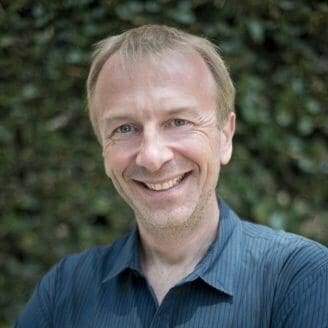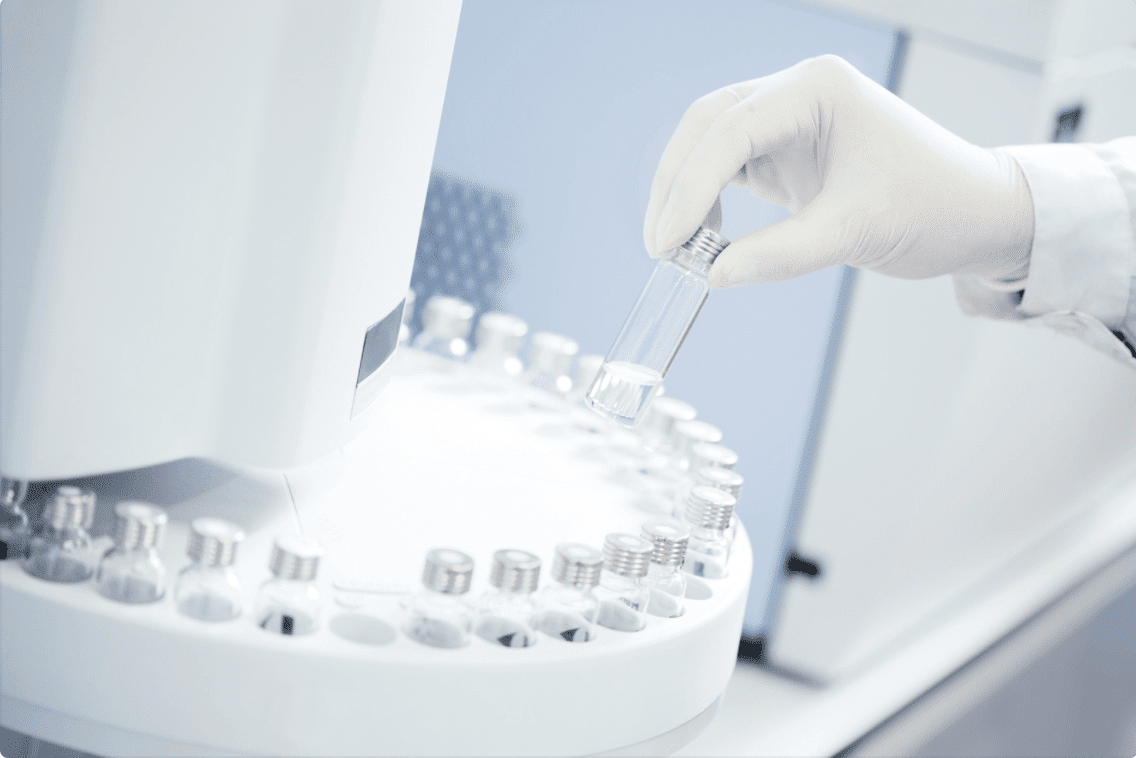Cancer is not an easy target, writes Dr. Peter Kuhn, founding director of the USC Michelson Convergent Science Institute in Cancer. It consists of a disease spectrum that ranges from high lethality that is spreading rapidly to locally confined malignancies without lethality over the average lifespan.

Dr. Peter Kuhn
“When I was 17 years old, my mom was diagnosed with breast cancer. She recently celebrated her 83rd birthday. Her experience defines my research”. – Peter Kuhn
By Dr. Peter Kuhn
My life’s mission — to improve how we diagnose and treat cancer — is extremely personal. When I was 17 years old, my mom was diagnosed with breast cancer. She recently celebrated her 83rd birthday. Her experience defines my research. She was treated successfully — but nobody was able to tell her how long that success would last, whether the cancer would come back … and if it did, whether it would come back immediately, in five years or in 10 years. The evidence that would have answered our questions simply didn’t exist.
I’ve been working on finding answers ever since. As a scientist and professor at the University of Southern California, I am focused on eliminating the uncertainty of cancer care so that my mother and others and their families and their doctors have more information to provide greater certainty for patient care and survival. Today, we have begun seeing these answers emerge from a simple blood draw, the liquid biopsy, which we have explored in clinical research studies for the past decade. For tomorrow, we are translating these results from academic research into patient care, which is why I started Epic Sciences Inc. — to develop cancer diagnostic products.
According to the UN World Health Organization’s International Agency for Research on Cancer, more people are dying of cancer than ever have in the past. In the most recent reports, more than 9.9 million people died worldwide in 2020, when an estimated 19.2 million were diagnosed.
Cancer is not an easy target. It consists of a disease spectrum that ranges from high lethality that is spreading rapidly through the body to locally confined malignancies without lethality over the average lifespan. In cases of high lethality, a patient can have very little time left to live after receiving a clinical diagnosis, dying in a matter of months with little chance for any timely outcome-altering intervention in the current standard of care. And in cases with less lethal malignancies, the patients’ greatest risk is overtreatment. Due to the lack of scientific evidence, many patients are currently in a gray zone where lethality risks vary across a lifespan and are influenced by treatment choices and lifestyles.
This complexity defines our science and our drive to solve this puzzle. A future continuum of care requires a personalized journey, a custom approach to screening, diagnostic, prognostic and predictive frameworks that distinguish between disease that is consequential (potentially lethal) and inconsequential (not lethal in the average lifespan). As a wicked problem, cancer today has only suboptimal solutions available for most patients. The path forward is complex with uncertain outcomes. It’s the kind of problem that scientists love sinking their teeth into with determination to solve.
Patients, families, physicians, and scientists are working hand in hand more than ever before and are joining forces to solve the scientific puzzle of cancer.
My scientific work can improve the outcomes for patients with cancer directly through earlier detection and better management of the treatments throughout a patient’s lifetime. And I don’t believe that I alone can solve these issues. To ensure greater success with achieving my vision, I work closely with undergraduates and graduate research candidates, as well as junior faculty members, to guide their research and training so that they can also become visionary researchers who share the mission of addressing cancer — a truly global health problem. I also work with external partners in cancer care, drug development and diagnostic companies.
Cancer, due to its complexity, represents both the ultimate challenge and ultimate opportunity for Team Science, which brings together the necessary stakeholders to understand and solve the problem. Our science has three primary pillars: 1) digital patient health assessment for better care strategy, 2) disease forecasting for improved confidence in decision-making, and 3) disease characterization with the liquid biopsy for predicting and monitoring therapeutic response.
Modern science teams work alongside clinical teams. Together, they gather the patient’s disease information and explore the problem directly in the care setting. They can then conduct the necessary experiments, create a solution and advance it all the way to patient care. Our work is informed not just by the patient’s case, but also by data conducted with other patients in clinical and scientific studies. Not all patients are the same, and not all patients will respond to the same treatments. Solutions are both contextual (scenario dependent) and multimodal (a gadget and an algorithm, a test and a drug, an image and big data), and that is why better decisions for care depend on teams of scientists and doctors. While cancer and improving outcomes for cancer patients is our initial focus, this methodology is applicable to numerous other systemic or chronic disease conditions.
Patients, families, physicians, and scientists are working hand in hand more than ever before and are joining forces to solve the scientific puzzle of cancer. The future of cancer care has already started, and we will continue filling in the missing puzzle pieces until every single patient can indeed have the confidence and knowledge about their personal disease journey that they deserve. While this science is truly a global effort, so much of it is happening here in Southern California with our incredible presence of academic institutions, our large biotech companies and the many startup companies that are charting this path forward.
Dr. Peter Kuhn is a physicist and professor at USC and founder and chief scientific adviser at Epic Sciences. He is the founding director of the USC Michelson Convergent Science Institute in Cancer (CSI-Cancer). This op-ed was originally published in the San Diego Union-Tribune.

